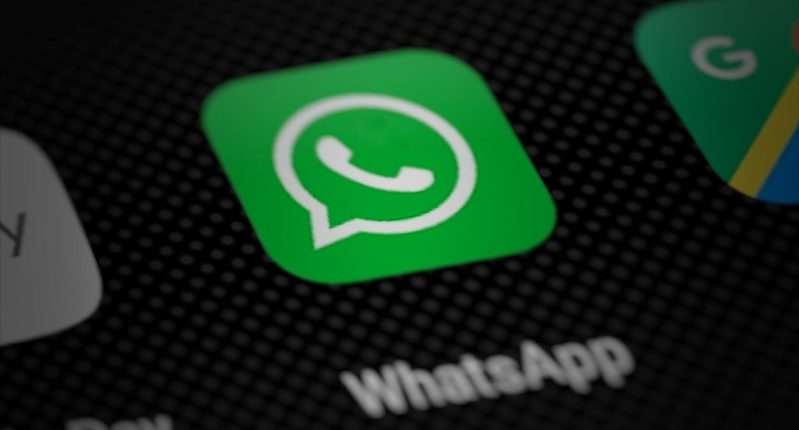The US House of Representatives has reportedly banned the use of WhatsApp on all House-issued devices, citing serious cybersecurity concerns. The decision was announced in a memo sent Monday by the House’s Chief Administrative Officer (CAO), following an internal assessment by the Office of Cybersecurity, reports Axios.
According to the report, the Meta-owned messaging app – ‘WhatsApp’ – is now classified as a ‘high-risk’ application. The concerns focus on the platform’s handling of stored messages (which are allegedly not encrypted) and the lack of transparency around its data protection practices. In that memo, officials also cited other unspecified vulnerabilities that could compromise the security of sensitive government communications.
Effective immediately, all House staff who have WhatsApp installed on any government device (including phones, computers, and web browsers) are being directed to remove the app. Additionally, access to WhatsApp Web will also be blocked on the House network.
Meanwhile, the social media powerhouse, Meta, has not yet issued an official response to the ban. But at the same time, to ensure continued secure communication, staff are being encouraged to use a list of approved alternatives. These include Microsoft Teams, Signal, Amazon-owned Wickr, Apple iMessage, and FaceTime.
Along with the WhatsApp ban, House staffers have also been instructed to use only the paid version of ChatGPT (if accessing AI tools) due to concerns over how free versions handle data. In recent years, the US Congress (through the House’s Chief Administrative Officer) has been putting more limits on digital tools and apps that are seen as security risks. This trend began in December 2022, when TikTok was officially banned from all House-issued devices due to concerns over user data being accessed by the Chinese government. Even by August 2024, the House expanded this restriction to include a full suite of ByteDance-owned apps, like CapCut, Lemon8, Hypic, and Lark.
Also, in February 2025, a bipartisan group of lawmakers introduced the ‘No DeepSeek on Government Devices Act’, aiming to ban the Chinese AI platform DeepSeek due to concerns over surveillance and misinformation. Around the same time, Microsoft’s Copilot AI assistant also faced usage restrictions on House devices, with internal policies limiting access due to potential risks of data exposure (particularly when dealing with sensitive congressional material).
The latest development comes at a time when WhatsApp is already under scrutiny for security vulnerabilities. Earlier this year (2025), cybersecurity researchers discovered a serious ‘zero-click’ flaw in the app, which was exploited by Paragon’s Graphite spyware. The vulnerability allowed attackers to install malware on a user’s device simply by sending a specially crafted PDF, without the user needing to open or interact with it. While WhatsApp moved quickly to patch the issue, the incident raised fresh concerns about the platform’s ability to defend against sophisticated surveillance tools and protect user privacy.
In another separate move, WhatsApp recently joined Apple in challenging a request from the UK government to create backdoors in encrypted messaging systems. The company argued that weakening end-to-end encryption would compromise user privacy and security worldwide.
The Tech Portal is published by Blue Box Media Private Limited. Our investors have no influence over our reporting. Read our full Ownership and Funding Disclosure →






